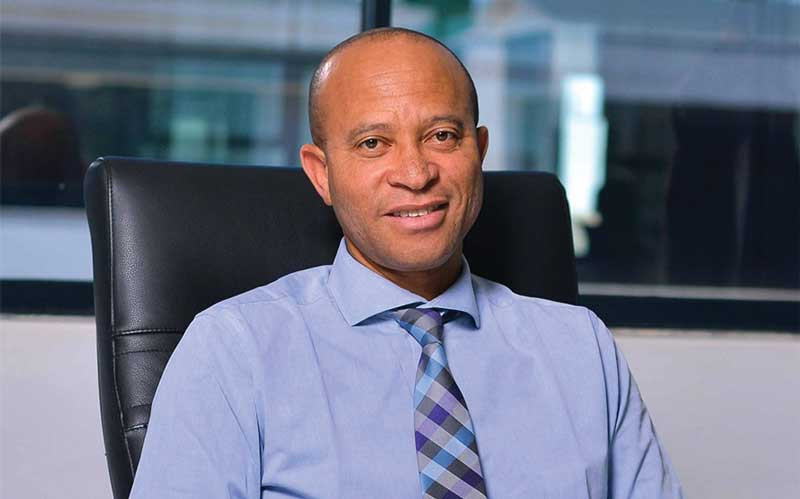
THE mining sector attracted the most investment in the second quarter of this year, with 62 new licences issued, constituting a projected investment value of US$202,7 million, according to the latest Zimbabwe Investment and Development Agency (Zida) report.
The report also indicates that the construction sector was the second-largest recipient of investment, with six new licences issued and a projected investment value of US$59,78 million.
The services sector saw a significant increase in investment in the period under review, with 43 new licences issued and a projected investment value of US$41,94 million.
“The agency strives to promote and facilitate both local and foreign investment in the country, therefore, increasing foreign direct investment (FDI) and domestic direct investment (DDI),” Zida chief executive officer Tafadzwa Chinamo said in the organisation’s second quarter report.
“FDI inflows into Zimbabwe remain relatively low due to a number of factors, including the perceived ease of doing business in the country.
“Feedback from engagements with potential investors within the quarter highlight the need to continue promoting the simplification of the investor on-boarding process, improving the investment climate, and providing incentives for foreign investors as anchors in driving investment into the country.
“The agency has been working towards addressing these bottlenecks and continues to make progress through the implementation of various local and foreign initiatives.”
The organisation has initiated DDI activities by engaging local companies, asset management firms and commercial farmer unions to facilitate Zida‘s role, value proposition and present investment opportunities available for them to partake.
- Lithium exports to surpass gold, says Zida chief
- Zim’s cannabis hopefuls face EU blowback
- Mining attracts US$202,7m investment in Q2
- Govt creates aviation firm
Keep Reading
Chinamo said the roll out of a 360-degree campaign to attract and licence more local companies would be implemented in the third quarter of 2023. Provincial, foreign mission and embassy engagement initiatives are also set to be rolled out.
In the second quarter, the agency facilitated the development of the regulations for the special economic zones and general investments. The Base Minerals Export Control Amendment Bill banned the export of unprocessed lithium to encourage beneficiation.
Chinamo said the lowering of the intermediated money transfer tax from 2% to 1%, would see a positive impact on the ease of doing business in Zimbabwe.
During the second quarter, the country recorded actual investment of US$445,7 million against the projected investment of US$1,06 billion.
The investment was made up of foreign-sourced capital equipment, equity loans and domestic assets.
This year, Zida is targeting US$4 billion of committed investment, broken down as FDI (US$1,5 billion), DDI (US$0,5 billion) and reinvestment (US$2,0 billion).
Zimbabwe is looking for more than US$60 billion worth of investment into various sectors, including infrastructural development.
The country needs US$30 billion worth of investment into the infrastructural environment. This money is largely earmarked to upgrade the country’s road and rail infrastructure.
In the health sector, US$3 billion is needed, while urban and zone developments require in excess of US$30 billion. Tourism, which has become a low-hanging fruit, also needs about US$3 billion.







